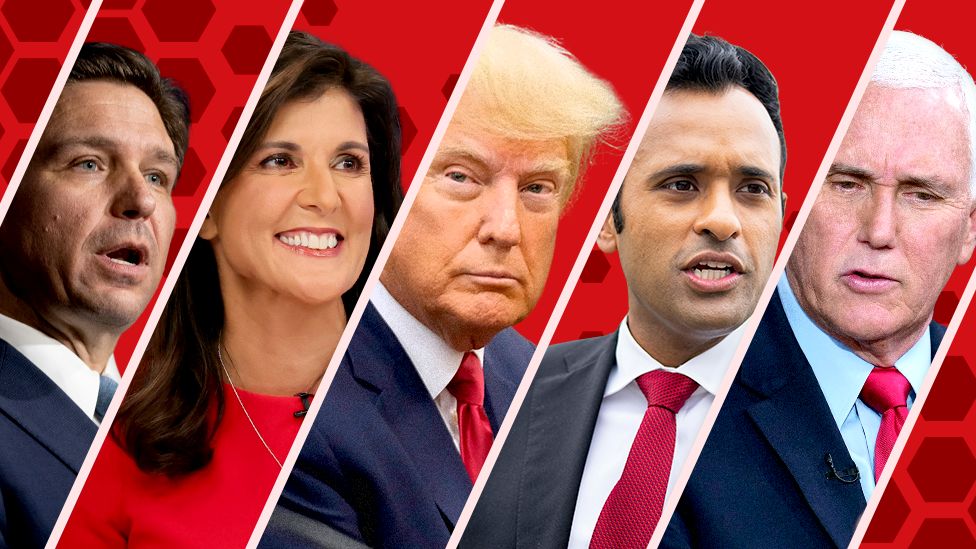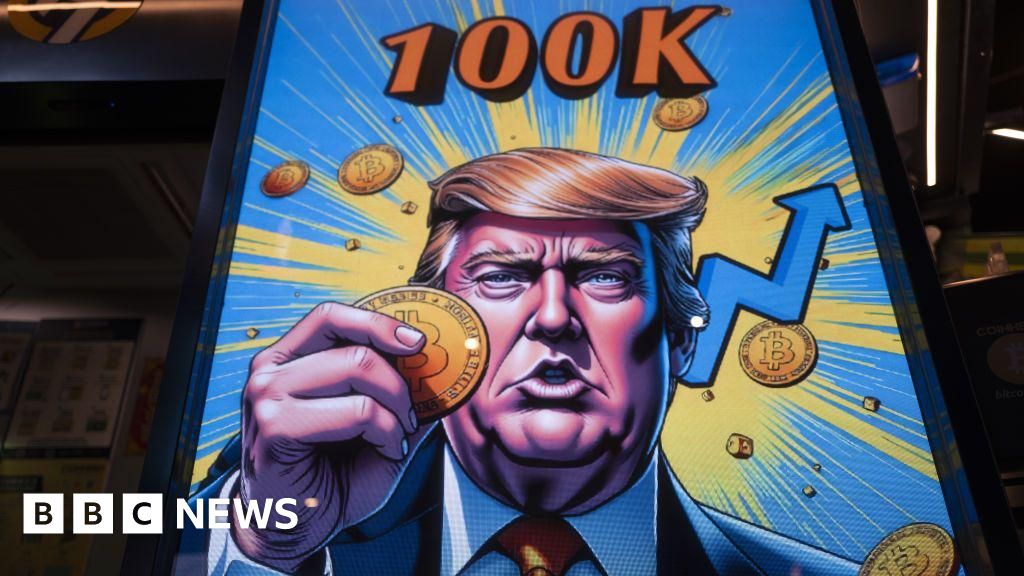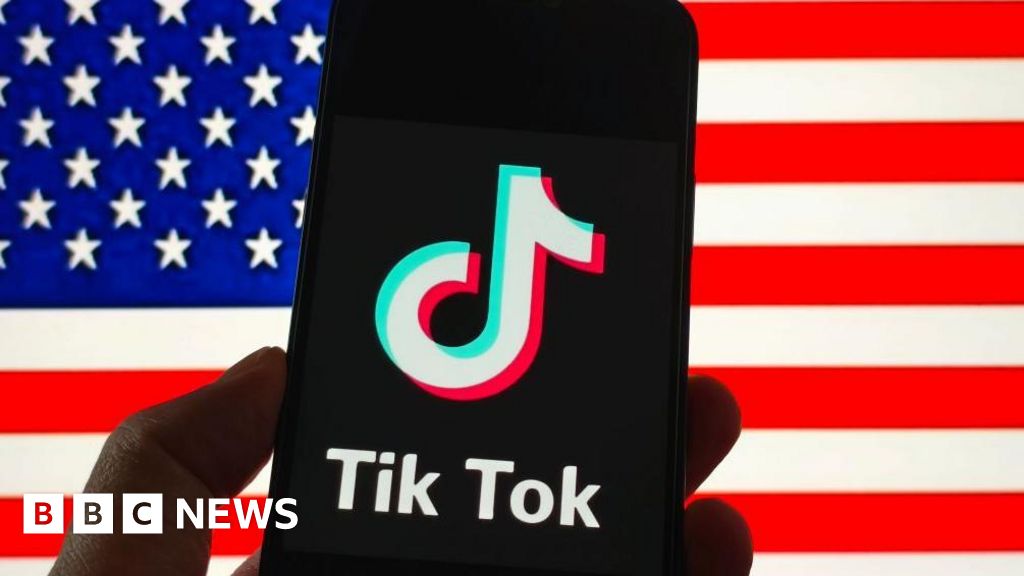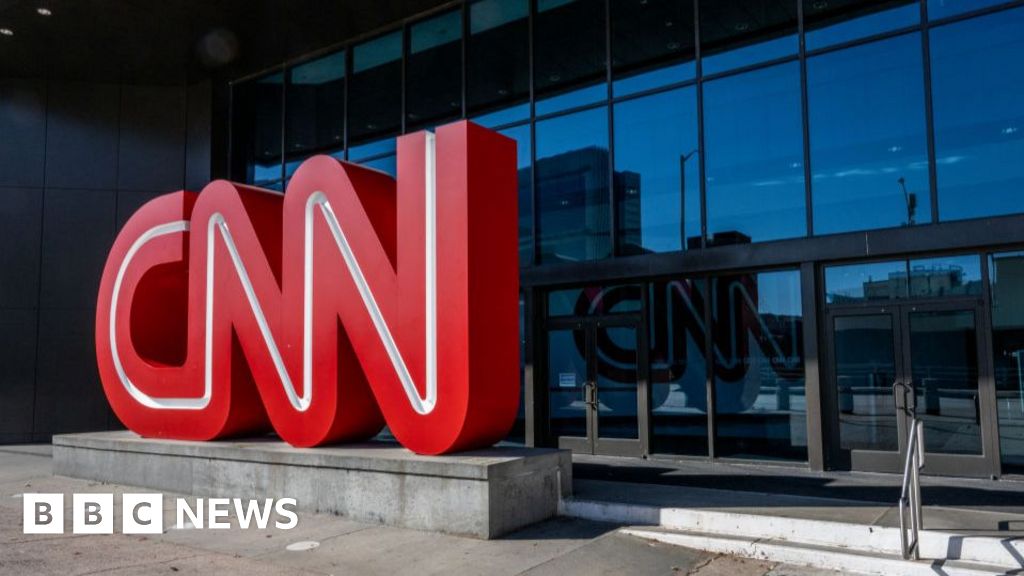ARTICLE AD BOX
 Image source, Getty Images
Image source, Getty Images
Republican candidates running for the presidential nomination
Donald Trump is running again to be US president.
It's a long road to the White House and first he must win a race within his own Republican Party.
The winner will probably face President Joe Biden in the 2024 election. Here's what you need to know.
There are two main parties in US politics
The liberal Democrats are currently in the White House and the conservative Republicans are in opposition. Democrats tend to believe in bigger government support and spending while Republicans typically call for lower spending and stripping back the state.
Choosing a Republican Party leader takes nearly two years
Trump has been a leading figure in the Republican Party since 2016, when he won the presidency. However, he lost to Democrat Biden in the 2020 election. For the next presidential run-off in 2024, Republicans need to pick another candidate - a process called the primaries. Biden is not expected to face a serious challenge from another Democrat.
Primaries are a series of state elections and then a national conference
Image source, Getty Images
Image caption,Trump and then vice-president Mike Pence ran together at the 2020 Republican National Convention
Candidates begin putting themselves forward well over a year before the presidential election kicks off. Each state holds an election to vote on who they want as party nominee and the overall winner is officially crowned at the Republican National Convention (RNC) - a big political event in July 2024.
A state can pick its preferred candidate in two ways
Nearly all the states hold their primary elections in the same way - a secret ballot, like a general election. A small number of states have a caucus which is a head count or a show of hands. The states have different rules on who can vote - often only Republican Party members. Based on how many votes they win, the candidates get a certain number of delegates who represent them at the convention.
Voting starts with the Iowa caucus early next year
After Iowa, there is the New Hampshire primary, and then elections take place in all 50 states plus other US territories. Super Tuesday in March is when lots of states hold elections on the same day. It may be clear then who will win, although voting continues until June 2024.
Before voting, there will be TV debates
Image source, Science Photo Library
Image caption,Trump faced rivals Marco Rubio and Ted Cruz in the 2016 Republican race
The first debate is soon, 23 August. To get on stage you need a certain level of donations and support in national polls (surveys showing how people intend to vote). Debaters must promise to back whoever wins the primaries although Trump refused to do that and he has now pulled out of the first debate. Millions usually tune in to watch the presidential hopefuls discuss policy and trade insults. In 2015, Trump even sparred with host Megyn Kelly over his comments about women.
Trump is the favourite to win the Republican race but things could change
Trump remains the most popular candidate in Republican polls - despite facing criminal charges. He has been accused of illegally stashing secret documents, covering up payments to a porn star and attempting to overturn election results. He denies wrongdoing and says the charges are political. Even if he went to prison, he could still remain in the race for the White House.
Key issues will be Trump's legal jeopardy, abortion rights and 'wokeness'
His Republican rivals include Florida Governor Ron DeSantis, his former vice-president Mike Pence and former US ambassador at the UN Nikki Haley. Former New Jersey governor Chris Christie has been one of Trump's strongest critics while Vivek Ramaswamy, an Indian American businessman, has promised to take on the corporate world's "wokeism" on racism and climate.

 1 year ago
25
1 year ago
25








 English (US) ·
English (US) ·